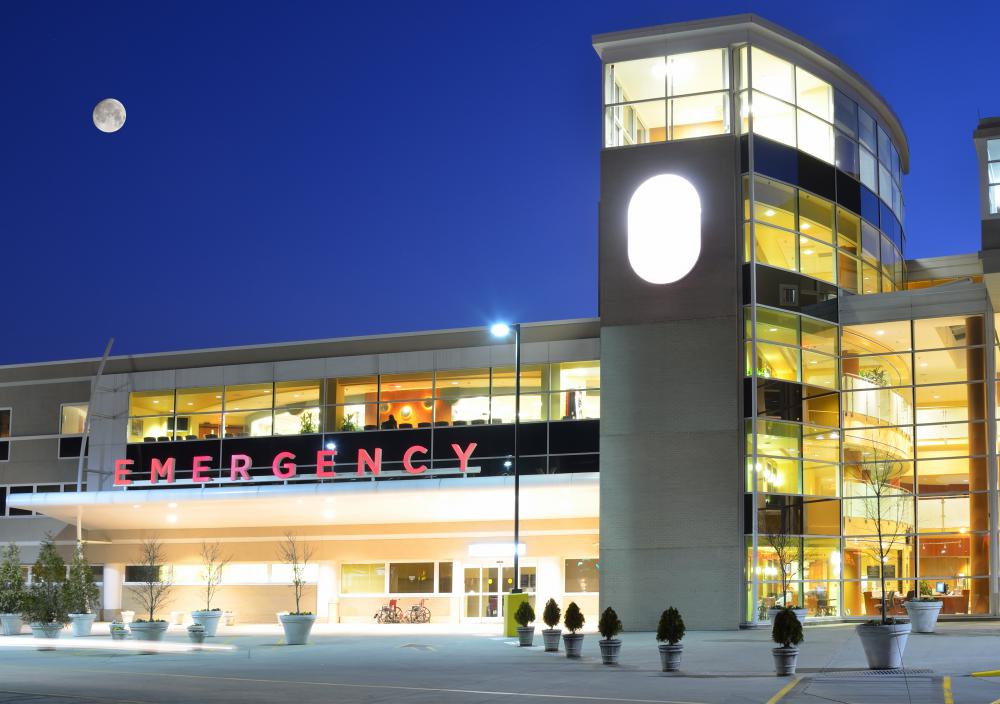At WiseGEEK, we're committed to delivering accurate, trustworthy information. Our expert-authored content is rigorously fact-checked and sourced from credible authorities. Discover how we uphold the highest standards in providing you with reliable knowledge.
What Does a Critical Care Technician Do?
Critical care technicians are tasked with caring for the critically injured and ill. A wide range of health care professionals provide critical care, including first-responders, nurses, and physicians, however, a critical care technician is most typically an emergency medical technician (EMT) with advanced training. These professionals help conduct initial assessments, treat patients as necessary, and participate in community health education events.
Technicians and professionals working in critical care receive targeted education to help train them for the responsibilities of their positions. Typically, programs designed to train and certify a critical care technician will include coursework above and beyond that commonly found in a basic emergency medicine program. Usually, coursework will include such topics as airway management and ventilation, emergency pharmacology, and obstetrical emergencies. Other courses often include those focused on environmental emergencies, hazardous materials, behavioral evaluations, and crime scene awareness.

Professionals in the field will also be required to understand the basics of any EMT position. This includes a thorough understanding of ambulance operation and emergency response systems. In addition, a critical care technician should also demonstrate a solid understanding of emergency room communications and be able to quickly and safely transfer patients from an ambulance into the hands of qualified emergency medicine professionals, such as nurses and emergency room physicians.

A critical care technician should be able to quickly and accurately assess emergency situations. This includes using skills to take the vital signs of patients and determining if any concerns require immediate action, such as resuscitation or patient immobilization. Emergency technicians should feel comfortable assessing a wide range of emergencies, including those related to respiratory, cardiovascular, and neurological difficulties.

Responsibility for treating patients often lies in the hands of other critical care professionals, such as nurses and physicians, however, a critical care technician should feel comfortable treating patients within his or her limitations. The need for treatment commonly arises in trauma situations and during patient transport to the hospital. EMTs should be able to treat and stabilize patients suffering from emergencies, such as shock, allergic reactions, and overdoses.

Critical care professionals also perform duties outside of the scope of their traditional work responsibilities. They typically help organize and participate in community health fairs and wellness events. These events help educate the community on a range of general health topics, such as healthy eating, exercise, and managing ongoing conditions, such as high blood pressure. In addition, as a health professional, a critical care technician also helps provide information on the various resources available to community members.
AS FEATURED ON:
AS FEATURED ON:















Discuss this Article
Post your comments